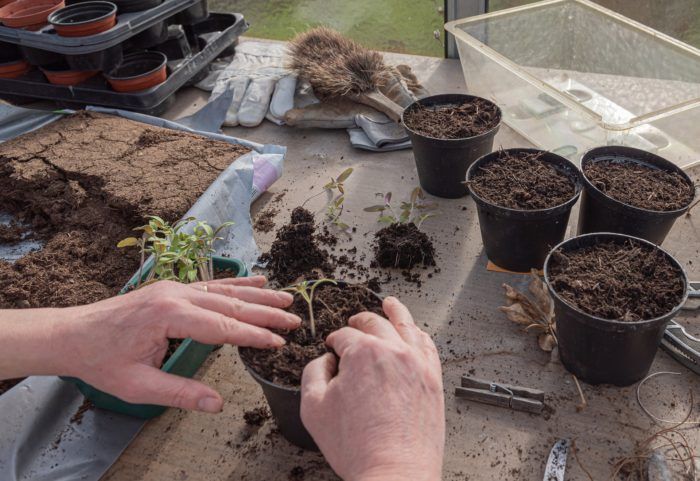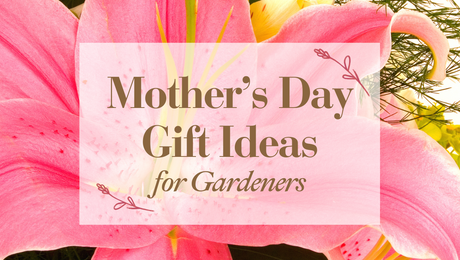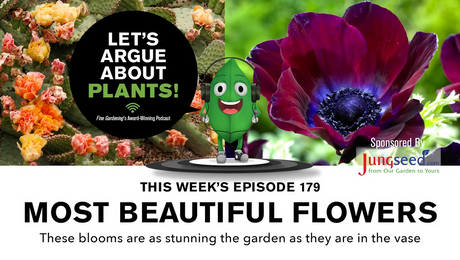
The idea of homegrown fruits and vegetables (and herbs, which often seem to get left out) is always appealing. If you’ve had the experience of heading out to your garden and then returning to your kitchen with a harvest for dinner (minus a few cherry tomatoes or snap peas that get eaten on the spot), you know what we’re talking about. If you’ve never done that, you really should give it a go.
Growing your own food gives you control over what you eat, the methods employed to grow it, and the freshness of your harvest. You can grow things your grocery store doesn’t carry, whether it is an exotic Asian root vegetable or a better-tasting variety of tomato. You can be sure your food is being raised in a way that suits you. And the freshness factor can’t be beat.
To earn all these benefits, however, you will have to take on all the work involved. If you can give your plants as much sun as possible, and you can commit to keeping them well watered, you will find your efforts fairly pleasant if not downright enjoyable.
The way to start is with a soil test. This simple procedure will tell you what kind of home you are giving your edibles and how to improve it—if you need to. Adding fertilizer or amendments just because you think you need to is a bad idea. Too much of an element or nutrient can be as bad (or worse) than too little.
Insects will happen. How do squash vine borers know that you, who never grew a squash before, have planted some? However it happens, those pests are likely to find your squash. The important thing to remember is not to panic. Insects are a good thing, and keeping a healthy environment will encourage them. Why do you want that? Because there are countless beneficial insects that will prey upon the insects that are damaging your plants, keeping populations in check. If you must act, many nontoxic approaches can help.
This collection should help get you started with some crops that can be grown in the early season. Greens, lettuce, and radishes are just a few of the vegetables that can get your garden going. Once the weather warms up, then you can turn to things like squash, tomatoes, and eggplant. Happy gardening, and don’t forget to share any overabundance with your neighbors!
-
 How-To
How-ToHow to Plant Peas
-
 Kitchen Gardening
Kitchen GardeningLettuce in Every Season
Start it early, sow it often, and eat it all year
-
 Kitchen Gardening
Kitchen GardeningHave You Heard of Mini Head Lettuces?
-
 Article
ArticleGrow Your Own Microgreens
-
 Kitchen Gardening
Kitchen GardeningBeyond the Basic Greens
-
 How-To
How-ToHow to Grow Radishes












